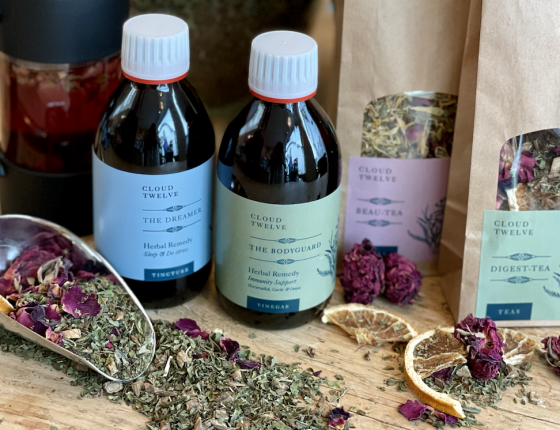
13 Healthy Sleep Hygiene Habits
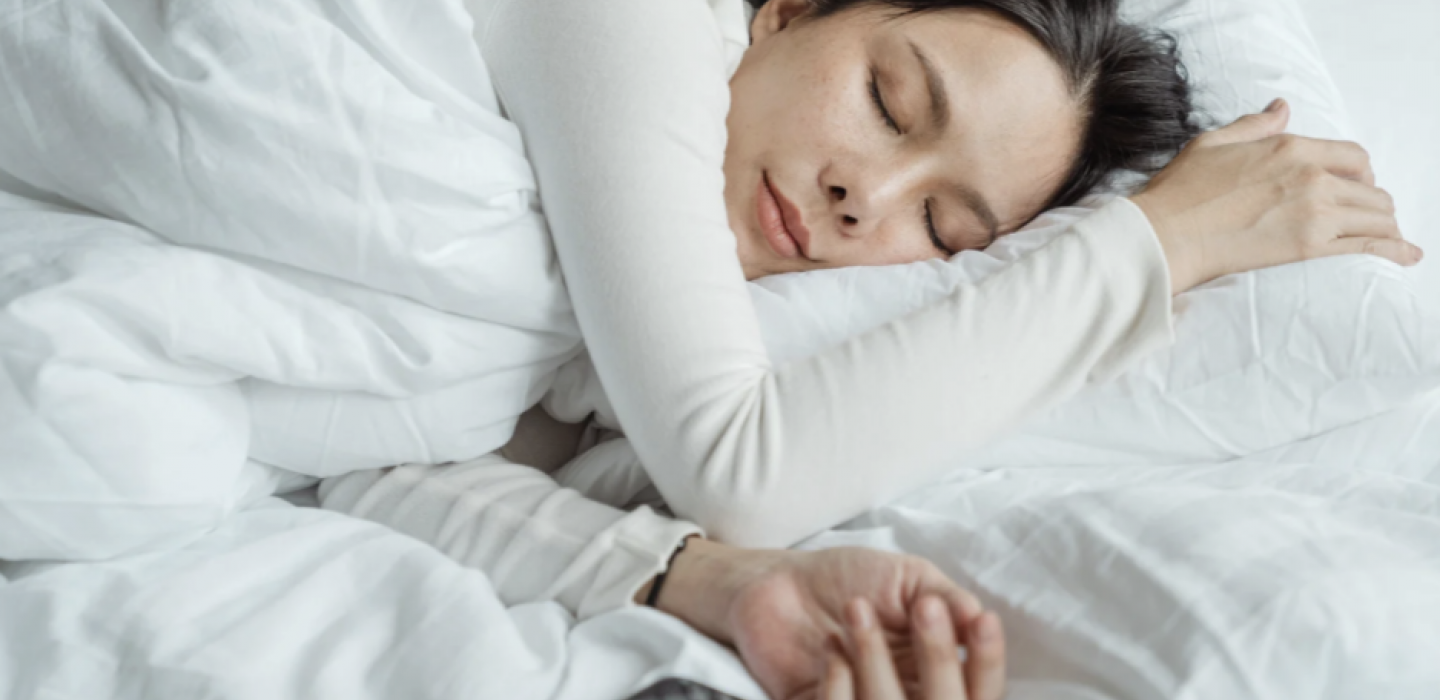
13 healthy sleep hygiene habits
Obtaining healthy sleep is important for both physical and mental health. Establishing healthy sleep hygiene can significantly improve our quality of life and even help with a variety of health disorders. Here are a few simple, but important tips.
How to get better sleep? How you can improve your sleep naturally.
1. Watch what you eat and drink, and when.
It’s hard to get to sleep on an empty stomach, but dinner several hours before bedtime is usually enough to hold you over. Some people sleep better if they have a small snack before bed, but you want to avoid large meals late at night. Large meals, although they can make us sleepy, often result in disrupted sleep a few hours later. Plus, sleeping after a large meal can make acid reflux worse in people who suffer that condition.
A more nutritious diet supports higher-quality sleep. If you want to sleep better, eat better. But when deciding on dinner and your bedtime snack, it’s especially important to incorporate foods that are known to promote sleep, while avoiding ones that do the opposite.
Fortunately, the list of the best foods for sleep is a long one, including yogurt, oats, nuts, milk, rice, cherries, and bananas, and much more.
One of the best Ayurvedic recipes that promotes restful sleep is a Golden milk with Ashwagandha.
INGREDIENTS
- 1 cup milk, or unsweetened non-dairy milk
- 1 tsp ashwagandha powder
- 1/2 tsp cinnamon powder
- 1 tsp turmeric powder
- 1 (1/2-inch) piece of organic ginger unpeeled, thinly sliced
- pinch of black pepper (increases bioavailability or turmeric)
PREPARATION
Whisk milk, or non-dairy milk, cinnamon, turmeric, ginger, pepper, and ashwagandha in a small saucepan; bring to a low boil. Reduce heat and simmer for about 5 minutes. Alternatively use milk frother to whisk the milk and mix the powder into it. (Best non-dairy milk for frothing is Oatly Oat Drink Barrista Edition)
2. Avoid/limit any stimulants in the evening.
Caffeine and alcohol both disrupt sleep. While alcohol may make you drowsy and induce sleep initially, it disrupts your sleep in the latter part of the night – preventing you from getting essential amounts of REMand deep sleep. On the flip side, caffeine is a stimulant.
3. Exercise during the day.
What you do during the day, several hours before bedtime, can have a big impact on your sleep. Exercise improves your overall health, and it helps physically tire your body by the time bedtime comes.
However, strenuous exercise should be avoided at night, ideally 3 hours before bed. It energizes you, and the more awake you are, the harder it is to fall asleep.
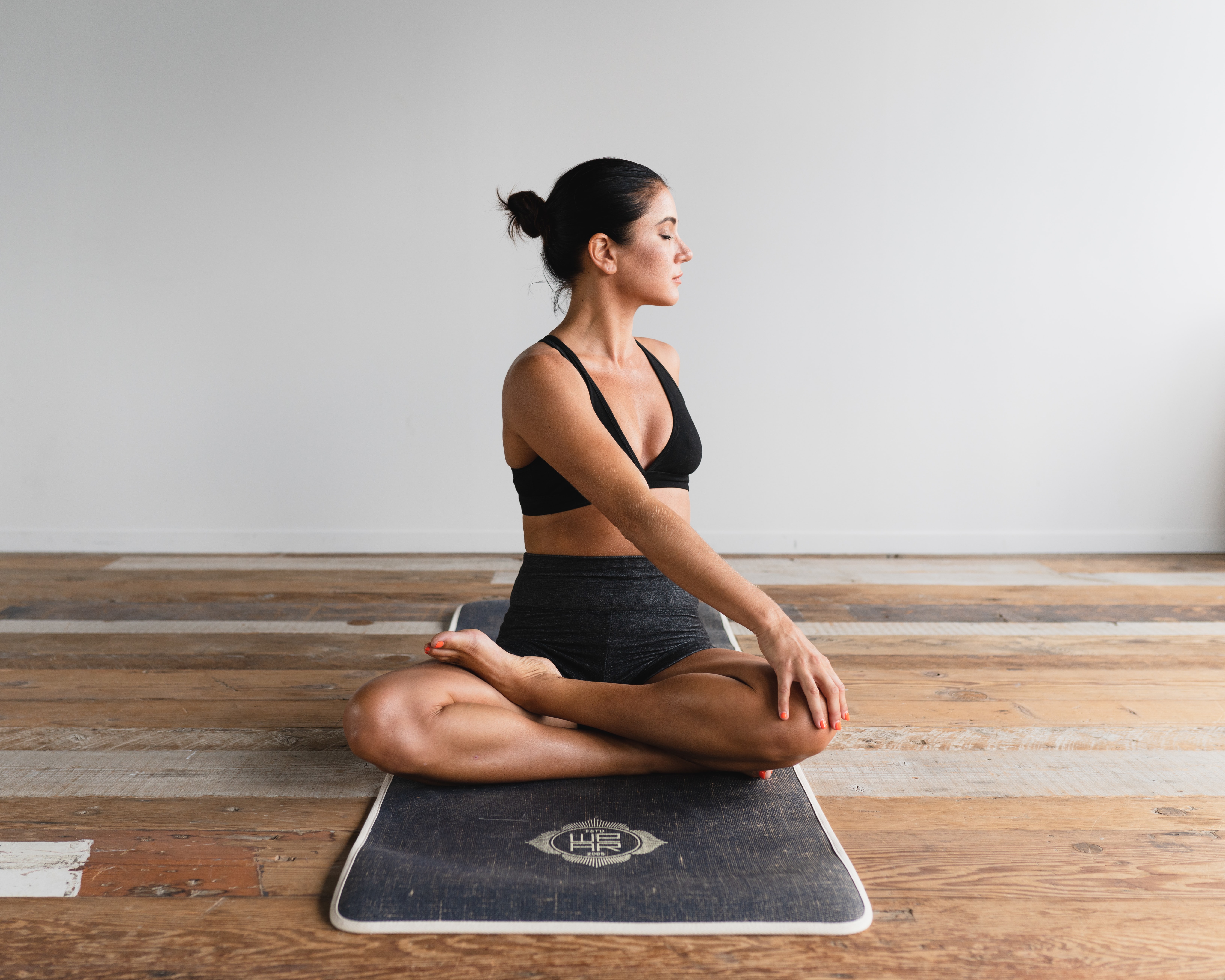
4. Work with the cause of your stress
If you do not work with the cause of your stress by mediating, doing cognitive therapy or manifestations, it will often come to hunt you in your dreams or wake you up in the middle of the night around 3-4am when negative emotions and fears tend to heighten.
Below are examples of manifestations you can do before going to sleep:
To work with fears you can do one of the following:
- Accept rather than fight it. Imagine it happening 10 times stronger than your worst fear, accept the outcome. If you truly accept it, the fear will go away.
- Create a list of alternative options if your fear materializes. There is often a lot of things you can do to correct/improve/or even prevent the outcome. The longer your list the more in control you are going to feel and fear will stop chasing you.
- Talk to your higher self. This one is difficult to explain and may be too much to embrace. I will send a podcast on it.
5. Make sure your room is completely dark when you sleep.
A key factor in human sleep is exposure to light or to darkness. Exposure to light stimulates a nerve pathway from the retina in the eye to an area in the brain called the hypothalamus. There, a special center called the suprachiasmatic nucleus (SCN) initiates signals to other parts of the brain that control hormones, body temperature and other functions that play a role in making us feel sleepy or wide awake. Once exposed to the first light each day, the clock in the SCN begins performing functions like raising body temperature and releasing stimulating hormones like cortisol. The SCN also delays the release of other hormones like melatonin, which is associated with sleep onset, until many hours later when darkness arrives.
6. Turn off your ipad or other electronic devices at least an hour before going to sleep.
The blue light emitted from electronic devices suppresses our natural production of melatonin. So even if we know we are tired and need to go to sleep, our brain is getting the opposite message. Please continue to use applications that aid sleep but make sure the display is dimmed.
7. Start going to sleep around 10pm when melatonin production is at its peak.
Melatonin is a natural sleep hormone made by your body's pineal gland. During the day the pineal is inactive. When the sun goes down and darkness occurs, the pineal is "turned on" by the SCN and begins to actively produce melatonin, which is released into the blood. Usually, this occurs around 9 pm. If you fall asleep after 2am, you would have missed the peak in melatonin production, which would affect the quality of your sleep.
Factors inversely affecting melatonin production: age, shift work, alcohol consumption, evening exercise, caffeine, pharmacologic agents such as antidepressants, beta-blockers, non-steroidal anti- inflammatory drugs (NSAIDs).
Additionally, melatonin is a naturally occurring anti-oxidant and protects against DNA damage acting as a scavenger of free radicals, so don’t miss out on its anti-aging effect amongst other benefits!
8. Establish a regular relaxing bedtime routine.
A regular nightly routine helps the body recognize that it is bedtime. This could include taking warm relaxing bath with essential oils or Epson salt, reading a book, meditating, listening to reiki music or doing breathing exercises.
Take a look at this website which explains the benefits of eathing/grounding in a simple and intuitive way.
HTTPS://WWW.BAREFOOTHEALING.COM.AU/V/WHAT-IS-EARTH...
And also this video, which talks about the science behind it and reveals results of clinical trials.
Breathing exercises – Pranayama
Pranayamas are breathing exercises developed by the ancient yogis for purification of body and mind. Prana is the universal life force. It is the vital energy needed by your physical and subtle layers of your being. Prana flows through thousands of subtle energy channels, called ‘nadis’. The quantity and quality of prana, and the way, in which it flows through the nadis, determine your state of mind.
Researchers have documented the benefits of a regular practice of simple, deep breathing which include reduced anxiety and depression, stronger immunity, lower/stabilized blood pressure, increased energy levels, muscle relaxation, decreased feelings of stress and mental exhaustion. In addition, breathing can have an immediate effect on diffusing emotional energy, so there is less reactivity to our emotions. When you breathe deeply and slowly, you activate the parasympathetic nervous system, which reverses the stress response in your body. Moreover, with deep breathing, you engage the abdominal muscles and diaphragm instead of the muscles in the upper chest and neck. This conditioning of the respiratory muscles results in improved efficiency of oxygen exchange with every breath by allowing more air exchange to occur in the lower lungs. It also reduces strain on the muscles of the neck and upper chest, allowing these muscles to relax. In short, deep breathing is more relaxing and efficient, allowing higher volumes of oxygen to reach the body’s cells and tissues.
The link below has a selection of main pranayama techniques, you do not need to watch/do them all at once and can break them down into energizing exercises when you start your day and relaxing sleep enhancing exercises when you go to bed.
9. Making sure that the sleep environment is pleasant.
Mattress and pillows should be comfortable. The bedroom should be cool – between 16C and 19C degrees – for optimal sleep. Consider using blackout curtains, eye shades, ear plugs, "white noise" machines, humidifiers, fans and other devices that can make the bedroom more relaxing.
10. Cleanse your nose with a saline spray to get rid of mucus before going to bed.
Quality of your breathing is important for restful uninterrupted sleep.
11. To energize and invigorate the body in the morning or to recover from jet lag eat at breakfast with 30 minutes after awakening, make sure you hydrate sufficiently throughout the day (2L of mineral water).
Our sleep-wake cycle is closely connected to our circadian rhythms. Your brain relies on sunshine during the day to recognize it’s time to be awake and alert. The more natural light you receive, the more your body stays in tune to the regular day-night rhythms, and your brain learns to associate the darkness that comes in the evening with falling asleep. That’s why it’s so important to limit your exposure to bright light late at night from electronics.
Aim to get some sunshine in in the morning. Pair it with your exercise if you can. It will help wake you up, energizing you for the day, and make you more tired by bedtime.
During the winter you can boost exposure to sun with polarized light therapy (that imitates the visible spectrum of sunlight, critical for cortisol production, the hormone that keeps us awake and energized).
12. Keep a diary
To summarise, factors inversely affecting sleep and melatonin production are age, shift work, alcohol consumption, evening exercise, caffeine, pharmacologic agents such as antidepressants, beta-blockers, non-steroidal anti- inflammatory drugs (NSAIDs).
However, as we are all individual, these factors will affect us in various degrees. Keep a diary (document diet, exercise, stress levels). You will need to find out what factors make your sleep better or worse.
13. Get help when you need it.
Unfortunately, it is possible that you’ll implement all these tips and follow them dutifully, and still not experience improved sleep. If this is the case, you may have a sleep disorder or another health issue, that needs to be investigated, and some tests may be advisable (adrenal profile saliva test, polysomnography etc)
Book Naturopathic Programme Consultation
EMAIL: [email protected]
--------------------------------------------------------------------------
Author: Jenya Di Pierro
Founder, Naturopath & Herbal Medicine Practitioner
BSc, MSc, DipCNM, AMH, ANP


Bio-Hacking for Menopause
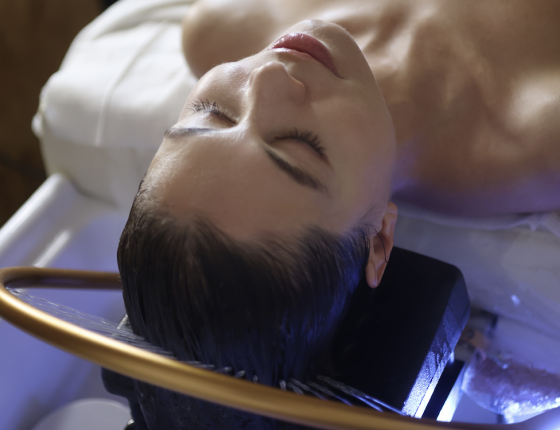
Are Head Spas The New Non-Negotiable Beauty Ritual?
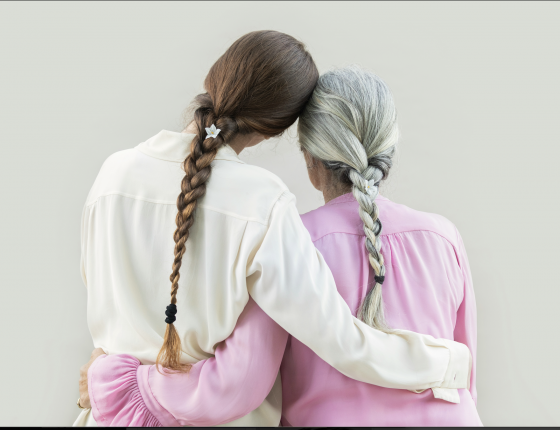
Menopause & Hair Loss: Real Causes of Thinning Hair in Midlife
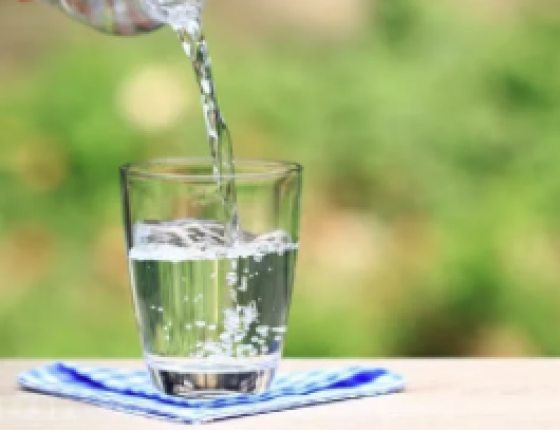
Why I Never Drink Tap Water — And What You Should Know About Contaminants
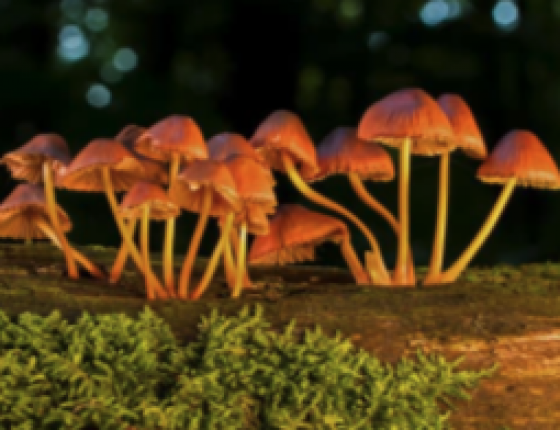
The Standard - Best Reishi supplements for powerful adaptogenic support
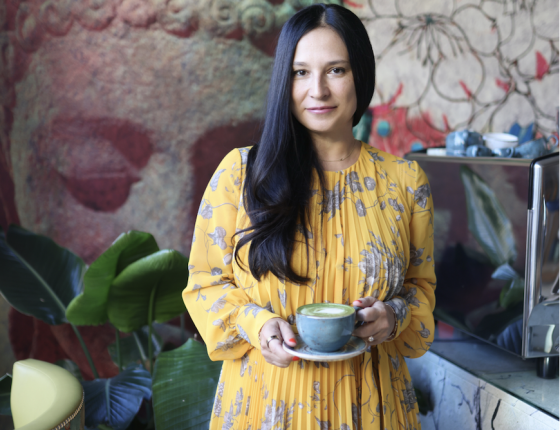
Five ways to stay balanced this festive season - Yahoo News
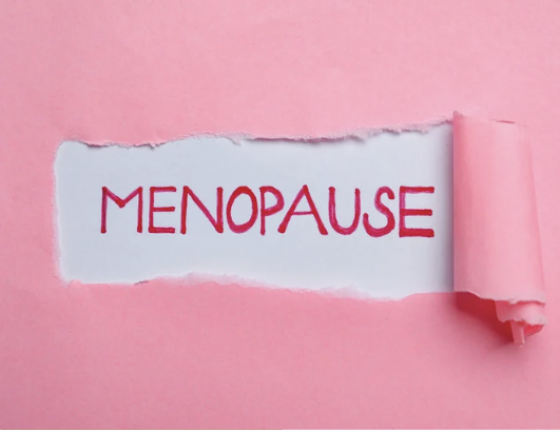
Natural Management of Menopause Part 1: Herbal Remedies

How to Look After Your Skin in Winter

Boosting Immunity Before Your Winter Holidays
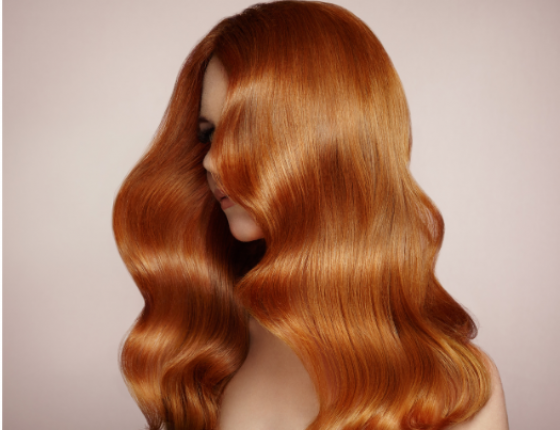
The Hair & Scalp Type Guides: Oily, Dry, Dandruff & Hair Loss
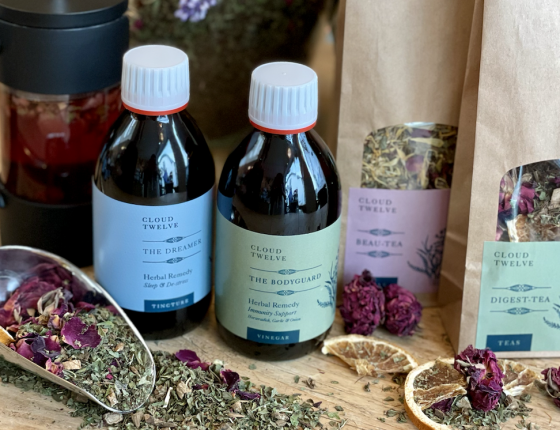
Herbs and Tips for Winter Wellness

Improving Egg Quality and Boosting Fertility for Women in their 40s

Diet for Menopause
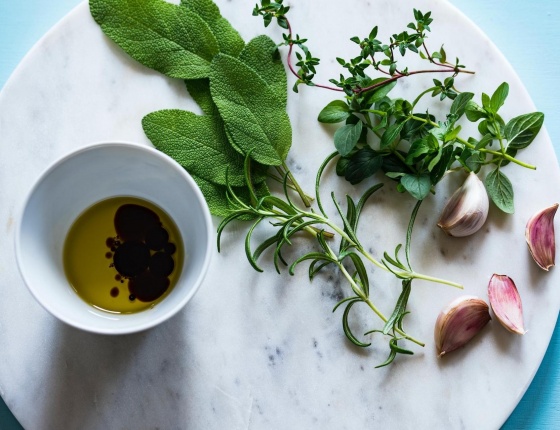
Nature's Cure for Hair Loss: Herbal Remedies That Work

Herbs to Boost Fertility
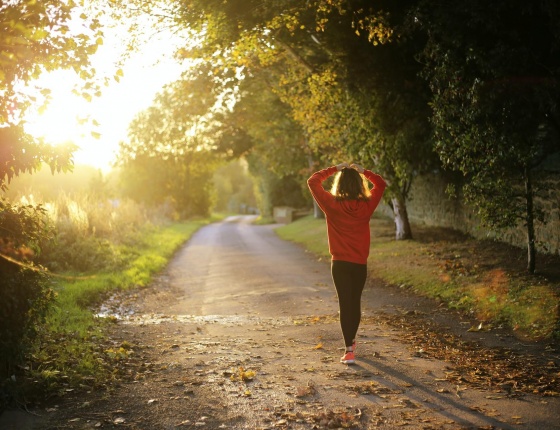
11 Steps To Detox Your Mind
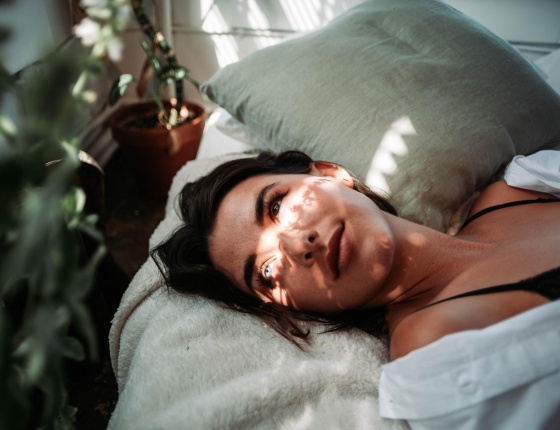
Nutrition & Lifestyle Habits For An Effective Detox

Top Tips For Staying Healthy During the Party Season
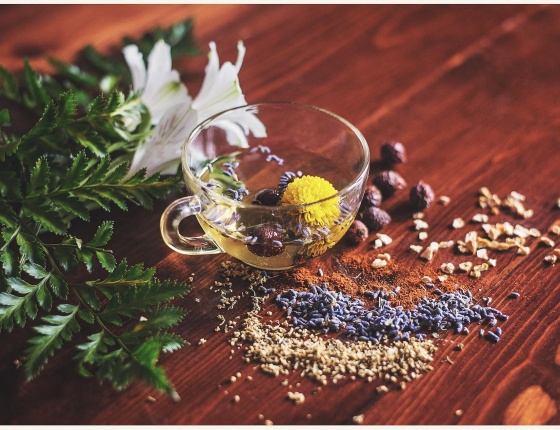
SheerLuxe: Jenya Di Pierro Shares Her Expert Tips To Dealing With Reflux
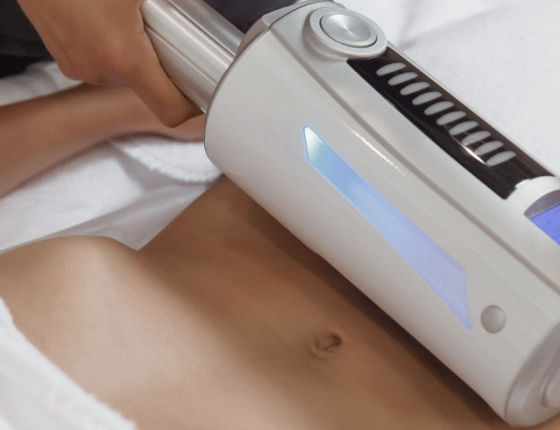
10 Natural Treatments For Cellulite
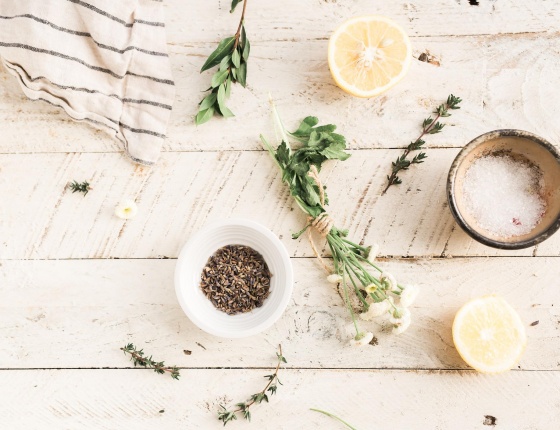
The Best Nutrition Tips For Combatting Cellulite
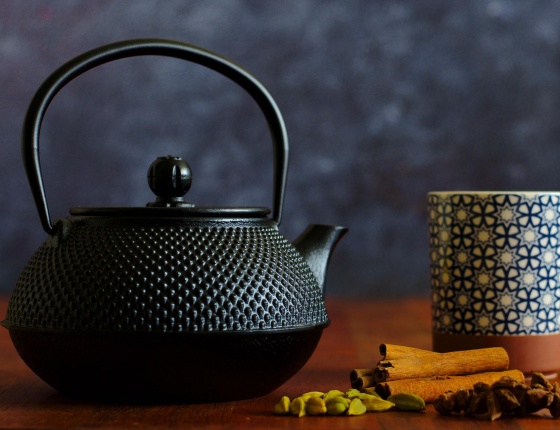
Country & Townhouse: Jenya advises on healing your gut with a little help from the East. How to do an Ayurvedic cleanse
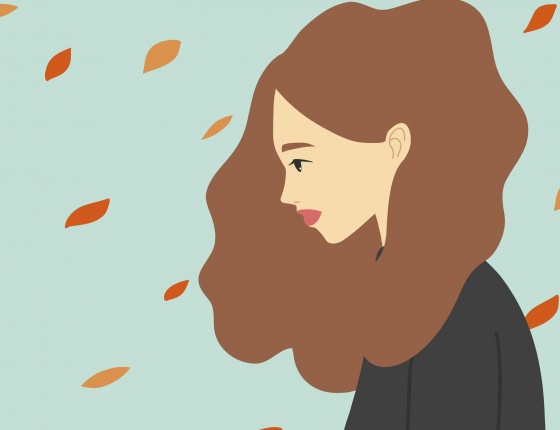
GoodToKnow: Winter blues - 11 ways to deal with seasonal affective disorder, according to experts
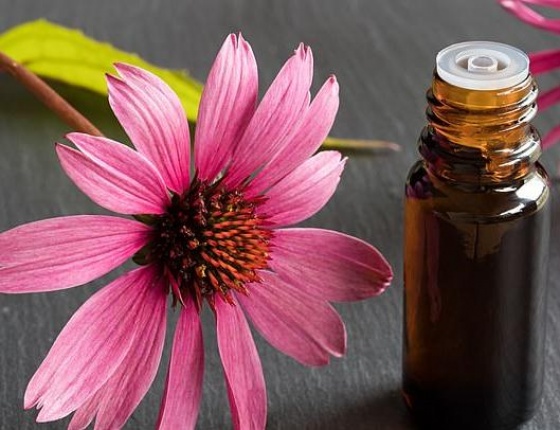
Daily Mail: Could a houseplant help cure YOUR health woes? Experts reveal their surprising healing properties

The Telegraph: Demand for ultra-skilled nannies and kids members' clubs surges post-lockdown

Domus Stay: Jenya Di Pierro on how Cloud Twelve puts wellbeing at the top of the agenda
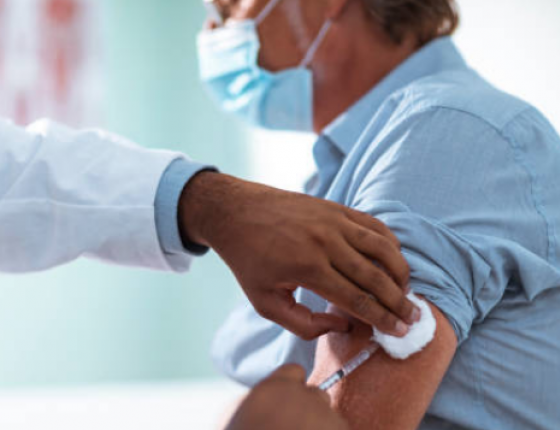
Wellbeing: Natural remedies and herbs to help recover from vaccine side effects
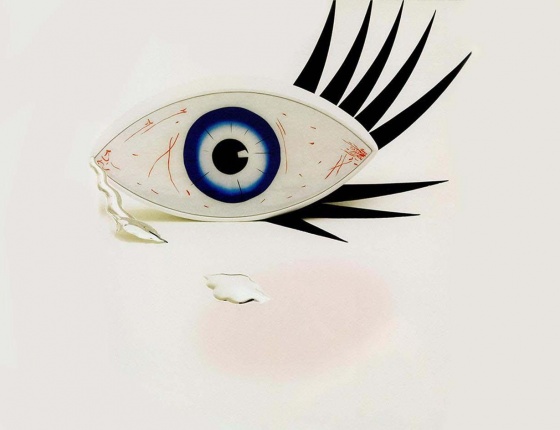
Wallpaper: Natural remedies for allergy fatigue and other hay fever symptoms
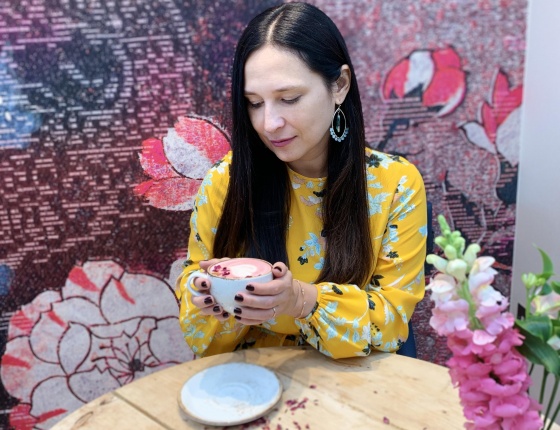
Your Healthy Living: 10 ways to fight the ageing process
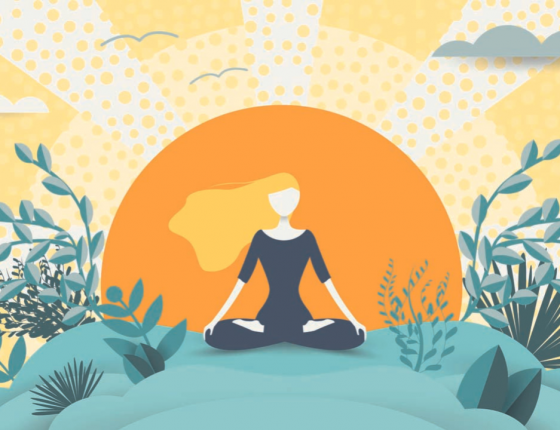
OmYoga: The power of plants: 7 healing plants to keep healthy and balanced
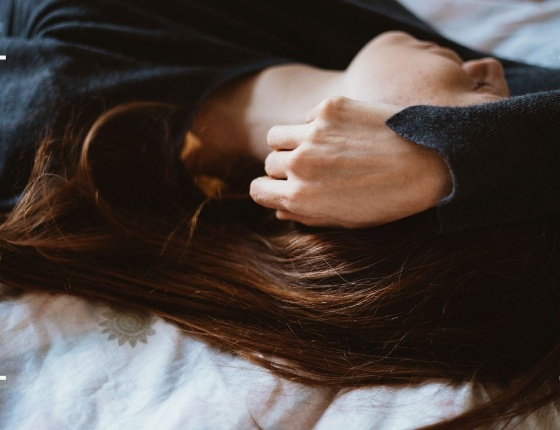
Woman & Home: 10 natural cures for insomnia to help end sleepless nights

Harpers Bazaar: Why it's time to reclaim a bespoke approach
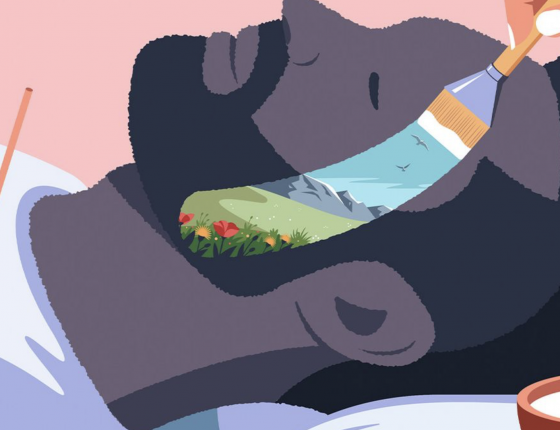
Mr Porter: The Best Holistic And Natural Treatments For Men To Try Now
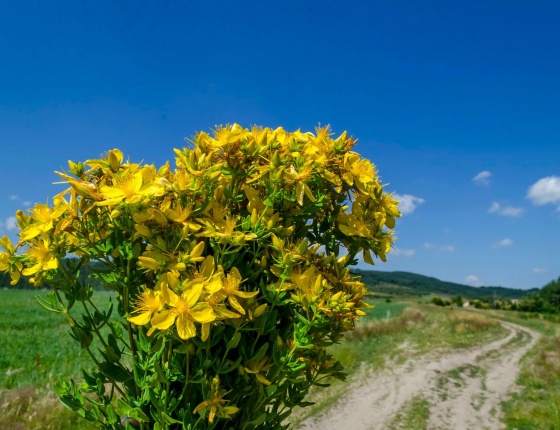
Luxurious Magazine: Herbalist Jenya Di Pierro's top healing plants for a healthy 2022
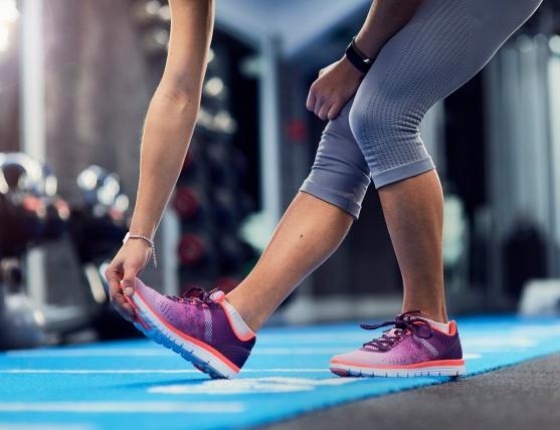
Metro: Sport recovery is about more than rest days — here are the most effective therapies

Beauty Daily: The top 10 healing plants for a healthy and balanced 2022
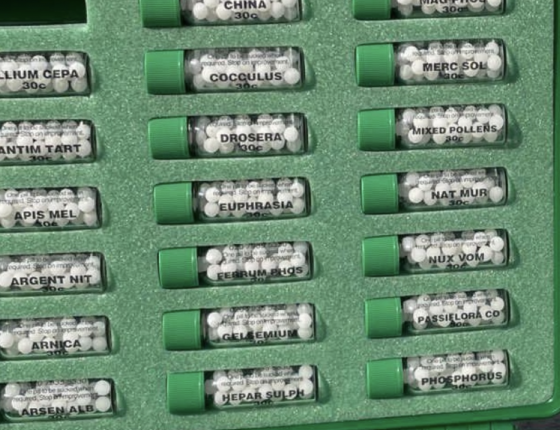
Tips and Hacks for Holiday Health
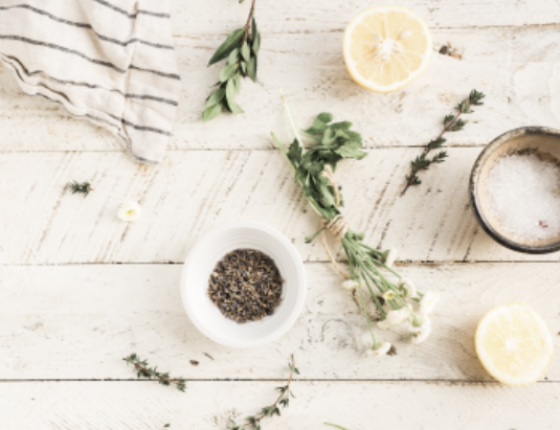
Your guide to Adaptogens
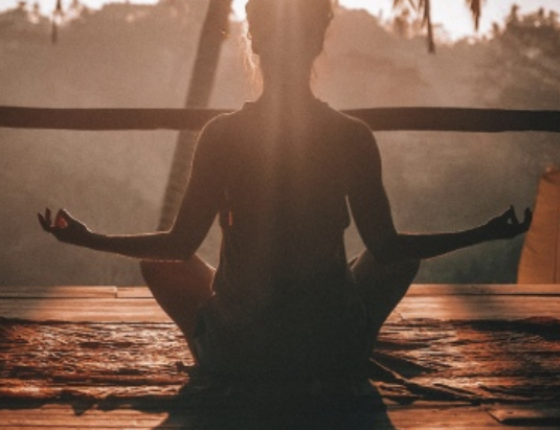
7 Daily Health Habits
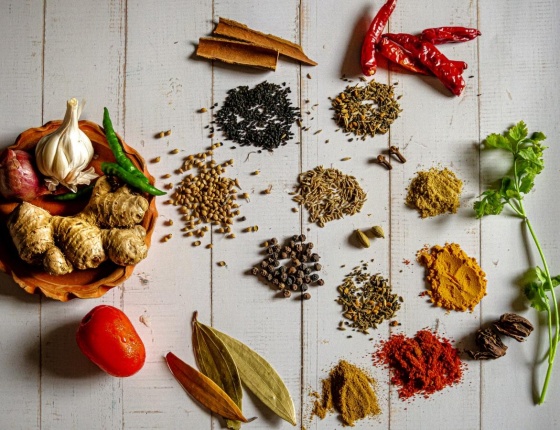
How to boost daily nutrition by adding a few clever ingredients
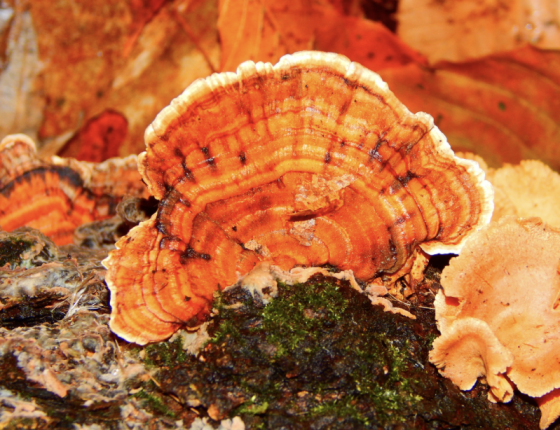
The ultimate guide to Medicinal Mushrooms
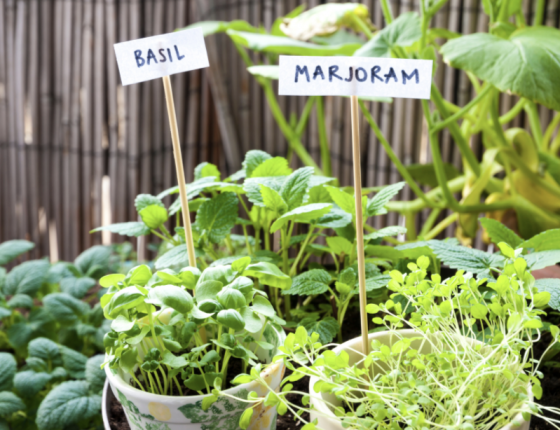
Herbs for respiratory system that can grow in your garden

Tips on How to Reduce Stress

10 Self Care Tips
